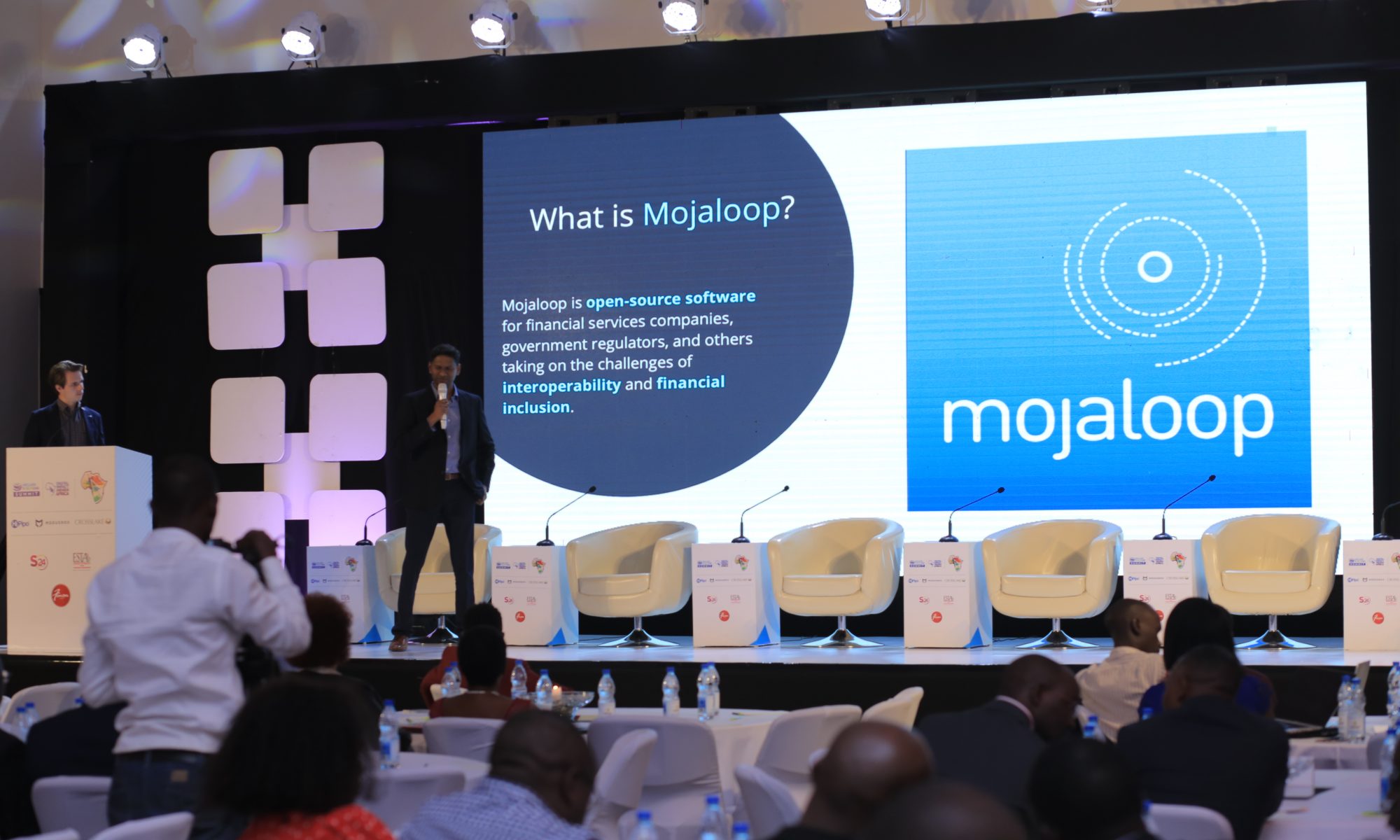Trust of the financial eco system is central to mass adoption and deepening financial inclusion. Concerns of fraud and loss of customers` funds more so funds for the poor can lead to deep hesitation to use digital financial platforms and tools.
Mobile money has largely been delivered with more traditionally secure telecom channels such as USSD and STK. While these have their know vulnerabilities, their technical exploitation has been less perpetrated but a lot of social engineering through communication and persuasion of unsuspecting customers to share PIN, OTP and send money to fraudsters has been a very regular occurrence in the leading mobile money markets.
The era of interoperability fueled by leading platforms such as Majoloop will potentially increase the scale of possibility to fraud with fraudsters on one network targeting those on another network or bank to transfer funds over the interoperable Majoloop powered switch.
As thus, the industry stakeholders and players including telecoms, banks and regulators that handle KYC, need to collaborate more to share information of sim card centered frauds that fuel mobile social engineering fraud.
HiPipo Foundation Include Everyone program will take extra effort in our research, education and advocacy campaigns to ensure stakeholders appreciate the increased scale of social engineering fraud and collectively collaborate for information sharing. This will also supplement efforts to combat AML and CFT.
Another dimension of growing risk is increased transactions over new generation digital channels i.e Apps, Web and social banking. Cybercrime that was initially Internet IP centric will hence forth increase as we see channel advances. Similarly, effort from tech and regulatory fronts will have to be boosted to hasten cyber protection of unsuspecting and naive consumers of which majority would likely be the poor, women and youth that a newly banking or semi banking citizens.
Join HiPipo Foundation during the Include Everyone advocacy events series to discuss these issues and provide best practice recommendation to addresses these financial inclusion challenges.


